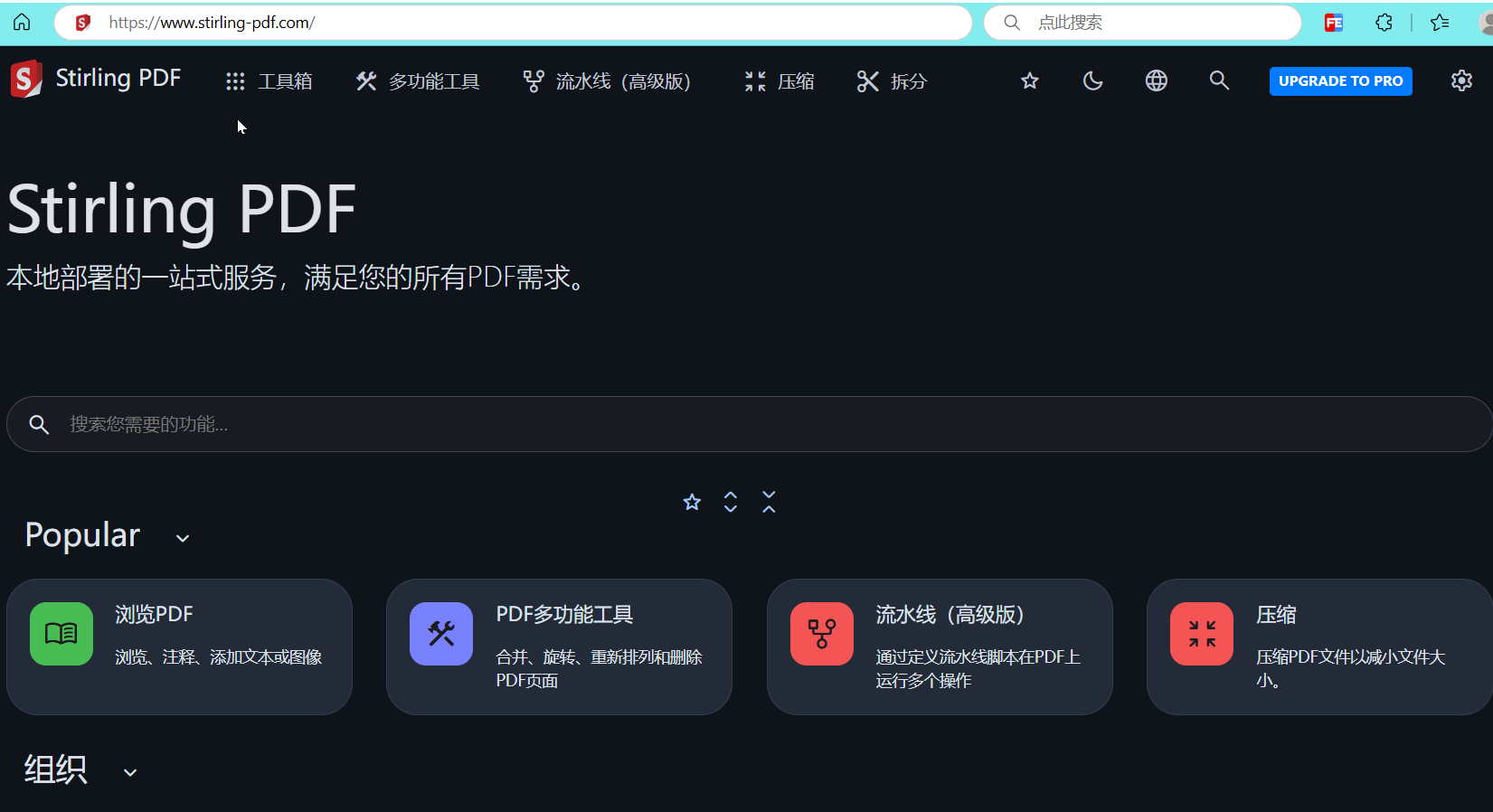|
Module 6 Unexplained Mysteries of the Natural World Period 6 Teaching contents: Main
and difficult teaching points:
Grasp
the Teaching procedures: Step 1 Revision Step
2 Grammar
learning 1) May表示请求、允许,比can较为正式。
2) May表示说话人的猜测:“也许”,“可能”: 通常只用于肯定句和否定句中。
3)
May表示祝愿;但语气较正式。
3.
The teacher gives a brief
explanation 1) may/might have done 对过去某事的可能性猜测“可能已经” 2) must have done 对过去某事的肯定猜测,“想必,一定,准是” 3) can/could have done 本来能做的事实际却未做到 (遗憾,惋惜) 4) can’t/couldn’t have done对过去某事的否定性猜测“想必不可能,一定不” 5) should/ought to have done 过去应该做而实际未做“本应该”,表责备,语气较强。 6) needn’t have done 本没必要做某事但做了某事 Step 3 1. Complete the grammar exercises on P57 in TB and then check the answers.
2.
Complete the grammar exercises on P72 Step 4
Homework:
Tags:外研版,Book4Module6UnexplainedMysteriesoftheNaturalWorldPeriod6,教案

|
21世纪教育网,教育资讯交流平台




